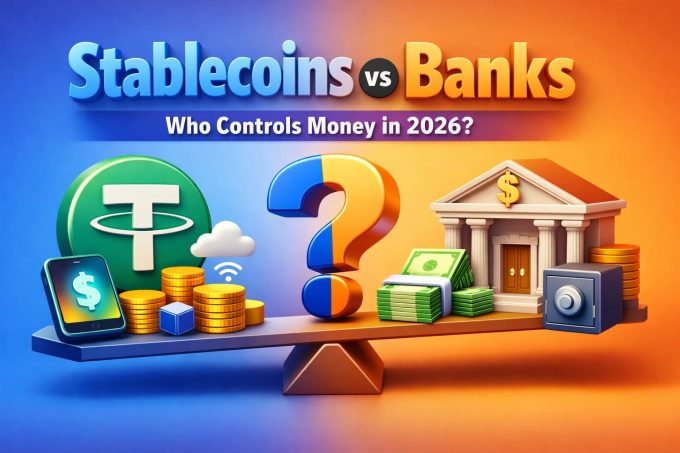BitLicense: Regulatory System Of Virtual Currency
By Sandeep Kasalkar
The BitLicense, which went into force in August 2015, was the first regulatory system in the United States that specifically targeted bitcoin enterprises.
It oversees a wide range of cryptocurrency-related operations, including the distribution of digital assets, the trade of cryptocurrencies, and the transmission of cryptocurrency.
Any New York resident engaging in regulated cryptocurrency operations, as well as any non-resident or other entity doing so with individuals who do reside in New York, must have a BitLicense. Importantly, though, those who send or receive cryptocurrency payments are excluded. BitLicense received a lot of criticism when it first came out and continues to do so among the cryptocurrency community.
Many cryptocurrency firms contend that the regulations unjustly burden them with duties and limitations, and that the cost of applying for a BitLicense (which is projected to be at least $100,000) is retaliatory.
At least ten cryptocurrency-related companies declared they will stop all trading when the restrictions took effect in New York in 2015. In fact, since the program’s inception, very few businesses have been successful in obtaining BitLicenses. Regardless of how the industry responds, the BitLicense is an important component of a larger worldwide campaign by legislators to regulate crypto – a field that is naturally resistant to governmental meddling.
Tighter regulation of cryptocurrencies and decentralised technology in general, however, is inevitable, as recent occurrences demonstrate, such as the pushback that Facebook’s Libra project faced from central banks.
BitLicense’s conditions of use
Anyone engaged in any of the following activities must get a BitLicense in accordance with the Department of Financial Services’ regulations for virtual currency business activity:
- sending virtual money.
- retaining custody or control of virtual currency on behalf of others by storing, keeping, or managing it.
- purchasing and reselling digital money for the benefit of clients.
- exchanging goods and services for a client.
- managing, distributing, or creating virtual currency.
- Be aware that BitLicense does not apply to those who trade or buy using Bitcoin, or to businesses that accept it.
You need to login in order to Like













